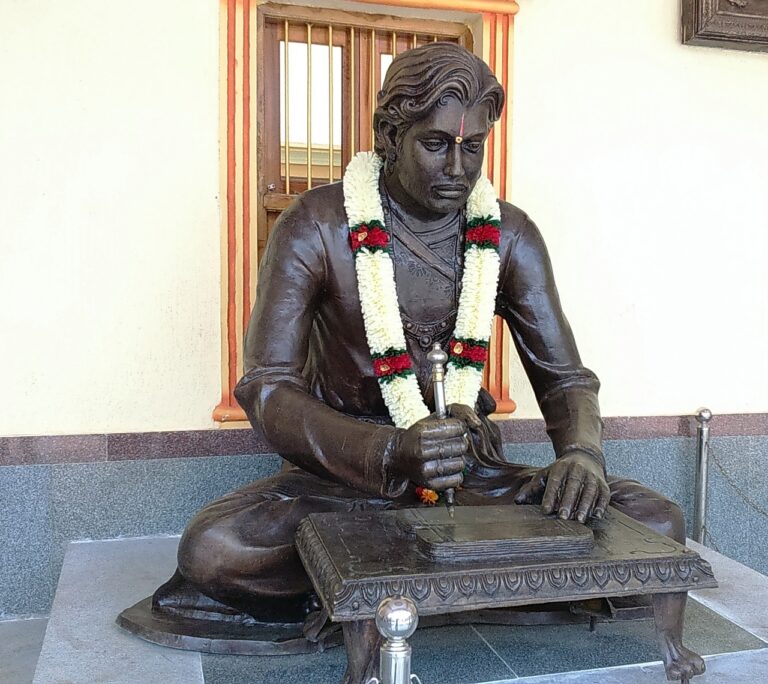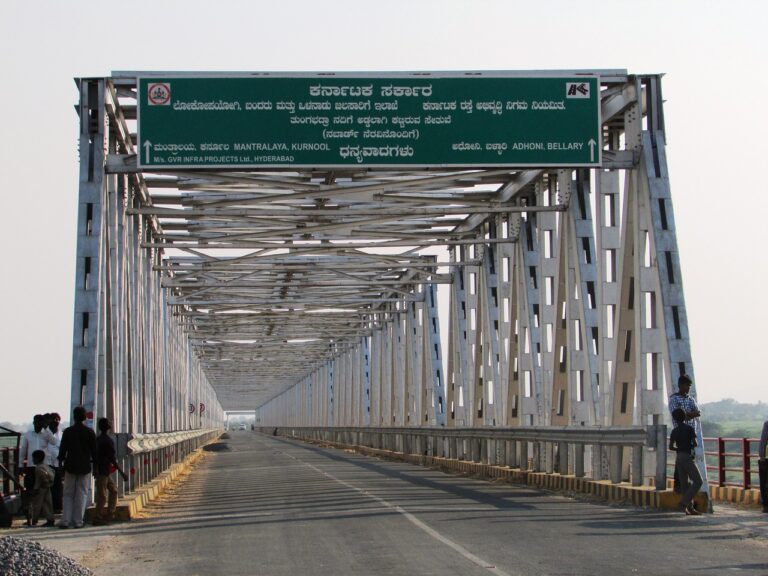The Role of Polling Stations in Voter Experience: Goldbet7. com, Radhe exchange, 11x play
goldbet7. com, radhe exchange, 11x play: Voting is a fundamental right for citizens in a democratic society. It allows individuals to have a say in who represents them and their interests at various levels of government. Polling stations play a crucial role in the voter experience, as they are the physical locations where individuals cast their ballots. These stations are essential for ensuring that the voting process is smooth, efficient, and accessible to all eligible voters.
Accessibility
One of the most critical aspects of polling stations is their accessibility. It is crucial that polling stations are located in convenient and easily accessible locations for all voters. This includes having polling stations in areas that are easily reachable by public transportation, as well as providing sufficient parking for those who choose to drive to their polling location.
Additionally, polling stations must be accessible to individuals with disabilities. This means having accommodations such as ramps, elevators, and voting machines with features such as audio ballots and large print options. Ensuring that polling stations are accessible to all voters is essential for upholding the principles of democracy and ensuring that every eligible individual can exercise their right to vote.
Efficiency
Efficiency is another crucial aspect of polling stations. Long lines and wait times can deter individuals from voting and lead to frustration among voters. It is essential for polling stations to be adequately staffed with trained election officials who can efficiently process voters and address any issues that arise.
Additionally, polling stations must have the necessary equipment and supplies to facilitate the voting process smoothly. This includes having an adequate number of voting machines, ballots, and privacy booths. Ensuring that polling stations are well-equipped and efficiently run is essential for providing a positive voting experience for all voters.
Security
Security is a crucial consideration for polling stations. It is essential to maintain the integrity of the voting process and ensure that votes are cast and counted accurately. Polling stations must have measures in place to prevent voter fraud, such as verifying the identity of voters and securing ballots and voting machines.
Additionally, polling stations must be prepared to address any potential security threats, such as cyberattacks or physical disruptions. This includes having contingency plans in place and working closely with law enforcement to ensure the safety and security of voters and election officials.
Frequently Asked Questions
Q: What do I need to bring with me to a polling station?
A: In most cases, you will need to bring a form of identification with you to a polling station. This can vary depending on your state or country, so be sure to check the requirements beforehand.
Q: Can I vote at any polling station?
A: In most cases, you must vote at your designated polling station. However, some jurisdictions may allow for voting at any polling station within a specific area. Be sure to check the rules in your area.
Q: What if I encounter issues at a polling station?
A: If you encounter any issues at a polling station, such as long lines or malfunctioning equipment, you should notify election officials at the polling station. They will work to address the issue and ensure that you are able to cast your vote.
In conclusion, polling stations play a vital role in the voter experience. By being accessible, efficient, and secure, polling stations help to ensure that the voting process is fair, transparent, and accessible to all eligible voters. As citizens, it is essential to take advantage of this fundamental right and participate in the democratic process by casting our votes at polling stations.







